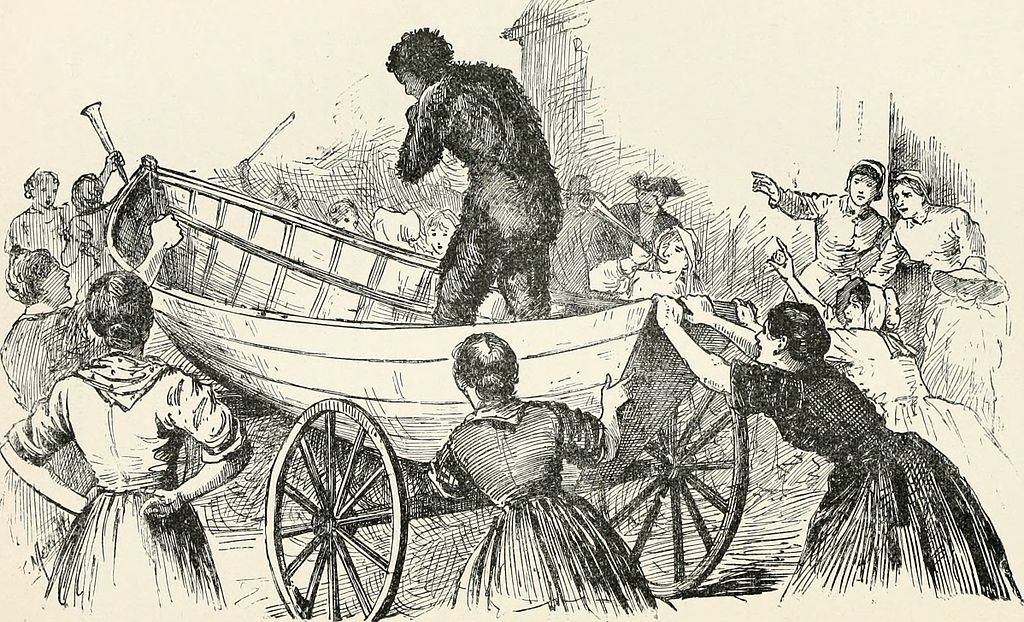Category: Herbs & Supplements
Functional Medicine II
In searching for just what FM is, one has to in a way read between lines. Claiming to treat the “underlying cause” of a condition raises the usual straw man argument that modern medicine does not, which of course is untrue. It also implies that there are underlying causes known to them and not to straights. FM claims to treat chronic disease which...

DSHEA: a travesty of a mockery of a sham
The Dietary Supplement Health and Education Act (DSHEA) is a terrible piece of legislation that protects supplement manufacturers rather than patients. Congress should be ashamed.
The Marshall Protocol
Revised 7/23/09 to correct an error. While there are many taxonomies of alternative medicines, one thing almost all alternative therapies have in common is they are originally the de novo discovery of one lone individual. Working outside of the mainstream, they are the gadflies who see farther because those around them are midgets. Hanneman conceives of homeopathy, the treatment of all disease....

“Lifestyle nutritionists”…Mitchell and Webb strike again
Mitchell and Webb take a shot at lifestyle nutritionists. It's hilarious.
Functional Medicine (FM) What Is It?
Functional Medicine – What is it? After extensive searching and examination, my answer is still – only the originators of “FM” know. Or, at least one must assume they know, because so far as I can see, I certainly see nothing that distinguishes “FM” from other descriptions of sectarian and “Complementary/Alternative Medicine” practices. A difference may lie in the advocates’ assumptions to...
FDA Zicam Warning
On June 16th the FDA issued a warning advising consumers not to use Zicam Nasal Gel or Nasal Swabs because of reports that it can damage the sense of smell, a condition called anosmia. This event highlights some problems with current regulations of health products. There have been 130 cases reported to the FDA of decreased sense of smell following the use...
Risks Associated With Complementary And Alternative Medicine (CAM): A Brief Overview
Having grown up on a dairy farm, I am one of the least likely people to object to the deification of yogurt. However, as a critical thinker, I cannot help but resist the idea (promoted by some health sites) that probiotics are a reasonable alternative to chemotherapy in the treatment of colon cancer. And there are many other equally unhelpful claims being...
The Huffington Post‘s War on Medical Science: A Brief History
I realize that our fearless leader Steve Novella has already written about this topic twice. He has, as usual, done a bang-up job of describing how Arianna Huffington’s political news blog has become a haven for quackery, even going so far as to entitle his followup post The Huffington Post’s War on Science. And he’s absolutely right. The Huffington Post has waged...
Commercial deception: undeclared drugs in herbs and other dietary supplements
Back in February, an acupuncturist in Key West, Florida, was arrested on charges of using a physician’s credentials to obtain controlled substances and other prescription drugs. While some of these drugs were for the individual’s personal use, the Key West Citizen reported from arrest records that the acupuncturist had obtained other drugs for her patients, including anxiolytics, a muscle relaxant, and sedative...
Medical Propaganda Films
David Gorski suggested I expand on a comment I left recently on one of his November posts. His subject was the then new documentary movie, “A Beautiful Truth.“ “Truth” is about the Gerson method – the dietary deprivation cum coffee enema cancer treatment developed by Dr. Max Gerson, a refugeee from Germany I the 1930s. His daughter, Charlotte now runs the Gerson...

